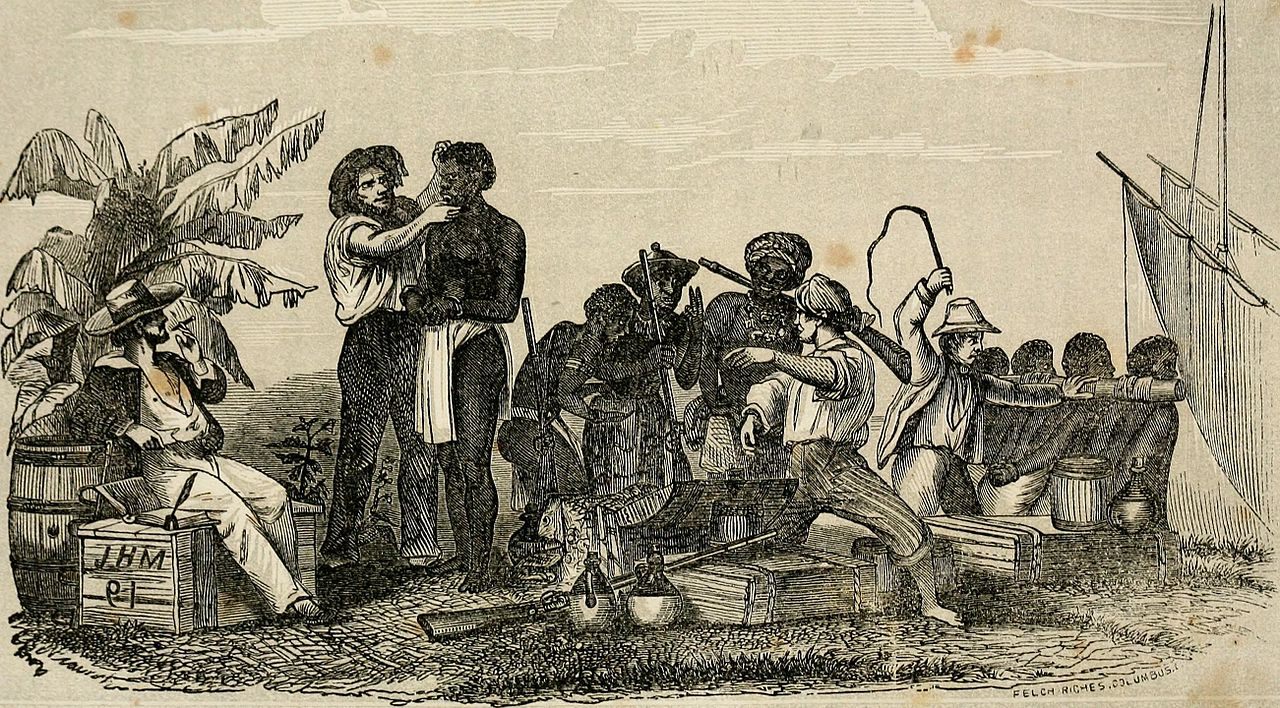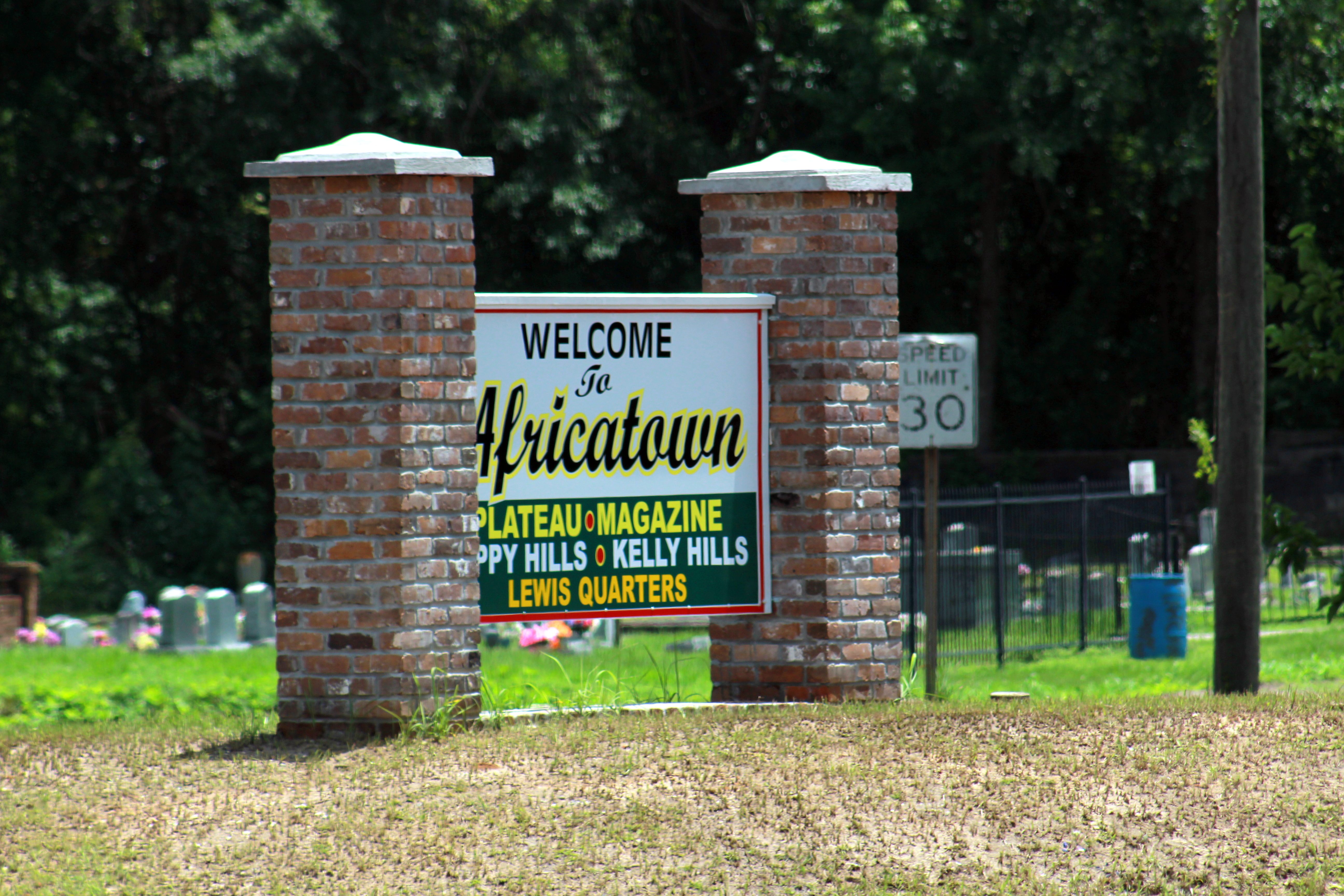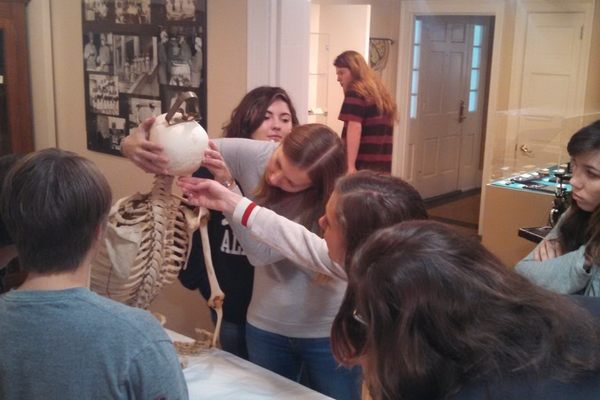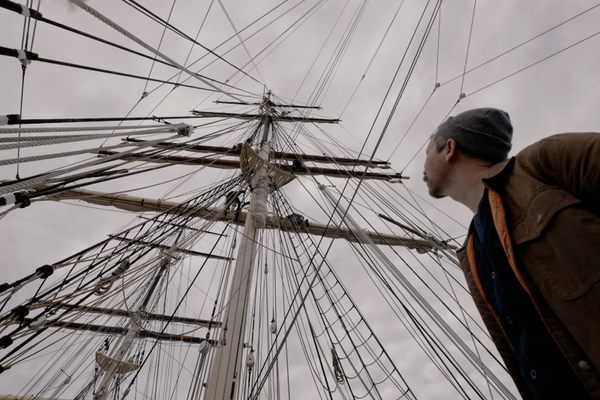Found: The Last Survivor of the Atlantic Slave Trade
Research has placed a new name in a special place on the list of ‘Clotilda’ survivors.

When Cudjoe Lewis and other enslaved people under the cruel thumb of James Meaher, brother of shipbuilder and illegal slave trafficker Timothy Meaher, learned that they had been emancipated, their first thought was to return home, to West Africa. After realizing the voyage would be too costly, Lewis was chosen to ask Timothy Meaher for reparations in the form of land to live on. According to Lewis, Meaher responded, “Fool do you think I goin’ give you property on top of property?”
So, the newly freed people decided to save their money to purchase land from him, even reducing their diets to molasses and bread. Eventually, they bought several acres, which they christened African Town, now known as Africatown. It was a community where traditional African village life merged with its new setting in the American South. There was an elected chief and medicine man, and the self-sufficient enclave spoke its own language. It was not Africa, but it was quite a turnaround for Lewis and more than 100 others, who had arrived in Mobile as slaves just five years earlier—more than 50 years after the international slave trade had been outlawed.
The ship they arrived on, Clotilda, is considered the last slave ship to traverse the Atlantic with human cargo, and it was thought that Lewis, who died in 1935, thought to be aged 94, was the last survivor of that trade. However, according to new research published in the journal Slavery & Abolition, someone outlived Lewis by two years: a woman who was a young girl when she boarded the Clotilda. Her name was Redoshi, but it took some literary, historical, and archival work to find her.
According to Hannah Durkin, lead author of the article and a researcher at Newcastle University, this woman was first alluded to in a letter that author and anthropologist Zora Neale Hurston wrote to Langston Hughes in 1928: “Oh! almost forgot. Found another one of the original Africans, older than Cudjoe about 200 miles upstate on the Tombig[b]ee river. She is most delightful, but no one will ever know about her but us.”
That was almost the case.
“She [Hurston] didn’t name her, so Redoshi’s story was thought for decades to be lost,” says Durkin via email. “But I happened to notice that Hurston listed a West African–born woman in the index of her posthumously published book, Every Tongue Got to Confess, and I put the pieces together.” The name listed there was Sally Smith. In the 1989 book Selma: A Bicentennial History, historian Alston Fitts identified the West African name for a person called Sally Smith, or “Aunt Sally,” as Redoshi.

Durkin began diving through census records to connect the dots, which led her to a newspaper article from the Montgomery Advertiser, where the woman had actually given an interview in 1932. Then Durkin found footage of her from a 1938 United States Department of Agriculture film about former slaves who had become farmers. “The most significant discovery by far” in her work, Durkin says. “I could now begin to see her as a living person. She wasn’t just a name on a page anymore.”
It appears that Redoshi was indeed the Clotilda survivor Hurston had mentioned. Redoshi died in 1937, after Lewis. One source Durkin found put her age at 110, though the researcher believes that to be an exaggeration.
Redoshi was brought to the United States with the founders of Africatown, but she never became part of the community. Instead, she lived the rest of her life on the plantation she was originally sold to, Bogue Chitto, where she eventually owned land of her own. According to Durkin, the Montgomery Advertiser claimed Redoshi had met Lewis in 1932, though Durkin is unsure how they might have encountered one another. Historian Emma Langdon Roche wrote in 1914 that Lewis and Africatown received occasional news from two married survivors living in Selma, about 35 miles from Bogue Chitto, whom Roche believed to have been Redoshi and her husband. He was known as William or Billy, according to a University of Newcastle press release, and was taken with Redoshi. It’s believed he died in the 1910s or 1920s.
Its population has gone up and down over the years, but Africatown survives today, and it is thought that some of the residents are directly descended from people who were brought over on Clotilda. A direct descendant also appears in living rooms across the country every night: Questlove, drummer and producer for The Roots—the band for The Tonight Show—learned in a 2017 episode of Finding Your Roots that he is directly descended from Charles and Maggie Lewis, Clotilda survivors and among the original founders of Africatown.










Follow us on Twitter to get the latest on the world's hidden wonders.
Like us on Facebook to get the latest on the world's hidden wonders.
Follow us on Twitter Like us on Facebook